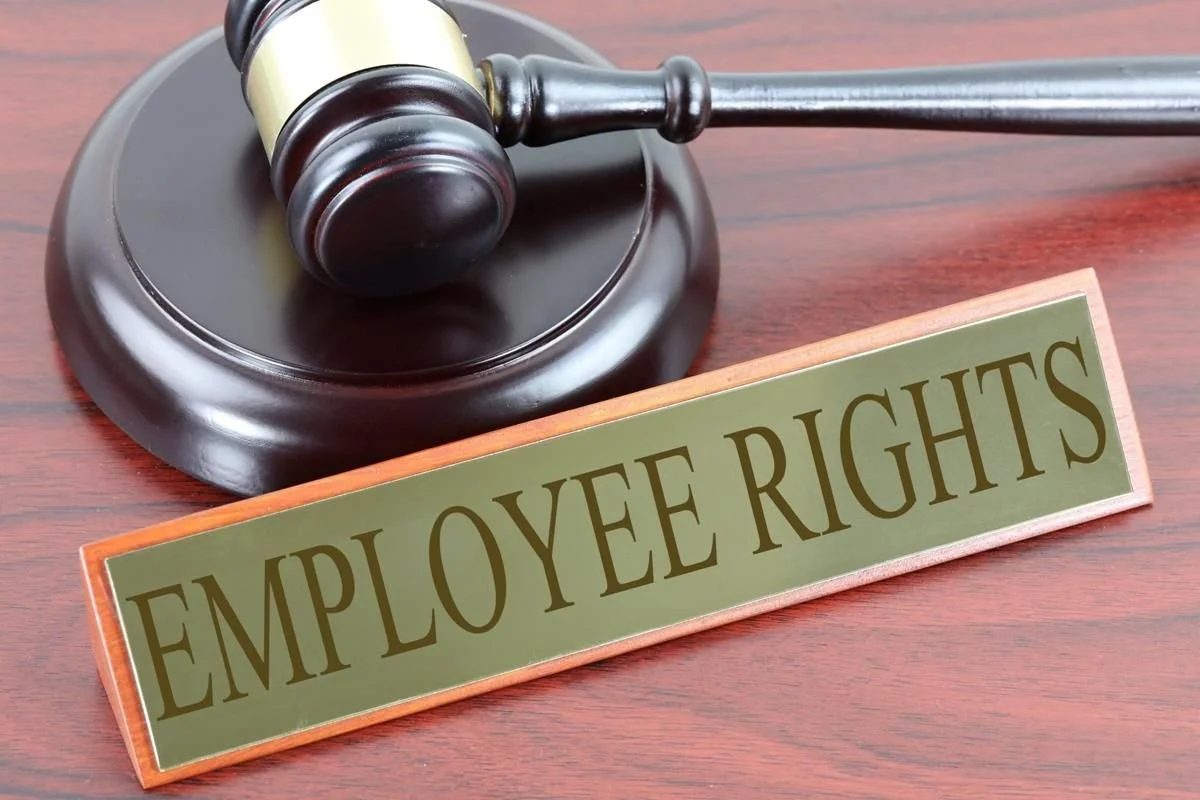
Labor Law and Regulations
When you employ people, labor laws shape many of your decisions—from how you set wages and hours to handling payroll taxes, benefits, and termination. Paying attention to these rules keeps your business safe from costly mistakes and builds a fair workplace. The more you understand and follow them, the smoother your team and business will run.
-
Labor Law Compliance
For small business owners, labor law compliance is a critical responsibility that ensures employees are treated fairly, workplaces remain safe, and the business avoids costly penalties. Compliance means following federal, state, and local regulations—and maintaining proper documentation to show you’re doing so.
Equal Employment and Anti-Discrimination
Federal laws such as Title VII of the Civil Rights Act, the Americans with Disabilities Act (ADA), and the Age Discrimination in Employment Act (ADEA) prohibit unfair treatment in hiring, pay, promotion, or termination based on race, color, religion, sex, national origin, disability, or age.
Review all job postings, interview questions, and workplace policies to make sure they are fair and inclusive.
Check your state and local laws, which may protect additional categories.
https://www.eeoc.gov/statutes/age-discrimination-employment-act-1967
Youth Employment
The Fair Labor Standards Act (FLSA) sets the minimum working age at 14 for most non-agricultural jobs and limits hours and job types for minors under 18.
Always verify state-specific child labor laws, which may be stricter.
Keep written consent forms and age documentation on file when hiring minors.
https://www.dol.gov/agencies/whd/flsa
Wage and Hour Rules
Businesses must comply with federal, state, and local minimum wage and overtime laws.
Pay at least the highest applicable minimum wage in your area.
Track hours worked accurately for all non-exempt employees.
Register for state unemployment insurance and ensure payroll systems withhold and remit taxes correctly (income tax, Social Security, Medicare).
Work Authorization
Under federal law, employers must verify every employee’s identity and eligibility to work in the U.S. using Form I-9.
Never hire workers without proper documentation.
Keep I-9 forms on file and up to date for all employees.
I-9 form: https://www.uscis.gov/sites/default/files/document/forms/i-9.pdf
Termination and At-Will Employment
Most states follow the at-will employment rule—meaning employees can be terminated at any time for a lawful reason, as long as it’s not discriminatory or retaliatory.
You cannot terminate employees for reasons tied to protected categories (e.g., race, gender, religion, disability) or for engaging in protected activities (e.g., reporting safety issues, filing complaints).
Use progressive discipline, written warnings, and clear documentation to show fairness.
Provide the final paycheck and benefit information according to state law.
Staying Compliant
To remain compliant and build trust with employees:
Stay updated on federal, state, and local requirements.
Maintain clear policies and employee handbooks.
Keep accurate records of wages, hours, taxes, and employment actions.
Review compliance annually or when laws change.
In short: Labor law compliance protects your business and your people. Following the rules consistently helps create a fair, transparent, and professional workplace where employees feel respected and valued.
-
Workers’ Compensation Insurance for Small Businesses
If you have employees, most states require you to carry workers’ compensation insurance. This coverage helps pay for medical expenses and lost wages if an employee gets injured or becomes ill on the job. Even if it's not mandatory in your state, it's a smart way to protect your business and employees.
What You Need to Know
State Requirements Vary: Most states require workers’ comp insurance as soon as you hire your first employee. However, some states, like Texas, do not require it unless you contract with the state government. Homebase
Coverage for All Employees: In many states, even sole proprietors or LLC members must have coverage unless they opt out. NYS Workers Compensation Board
Penalties for Non-Compliance: Operating without required workers' comp insurance can lead to fines, penalties, and potential legal issues. News-Times
How to Get Covered
Check State Requirements: Visit your state's Department of Labor or Workers’ Compensation Board website to understand your obligations.
Get Quotes: Insurance providers like The Hartford, Progressive, and Chubb offer workers’ compensation insurance tailored for small businesses. The Hartford+2Progressive Commercial+2
Compare Rates: Premiums can vary based on factors like industry, payroll size, and claim history.
-
Payroll Taxes for Small Businesses
As an employer, you're responsible for withholding and paying certain federal and state payroll taxes. These include Social Security, Medicare, federal income tax, and federal unemployment tax (FUTA).
Key Responsibilities
Withhold Taxes: Use the information from your employees' Form W-4 to determine the amount of federal income tax to withhold. IRS
Pay Employer Taxes: You're required to match the Social Security and Medicare taxes withheld from your employees' wages. IRS
Deposit Taxes: Use the Electronic Federal Tax Payment System (EFTPS) to deposit withheld taxes.
File Forms: File Form 941 quarterly to report income, payroll, Social Security, and Medicare taxes withheld.
Issue W-2 Forms: Provide employees with Form W-2 by January 31 each year to report wages and taxes withheld.
Tips for Compliance
Stay Organized: Maintain accurate records of all payroll transactions and tax deposits.
Use Payroll Software: Consider using payroll services like ADP, Paychex, or QuickBooks Payroll to automate calculations and filings.
Consult a Professional: If you're unsure about your tax obligations, consult with a tax professional or accountant.
-
